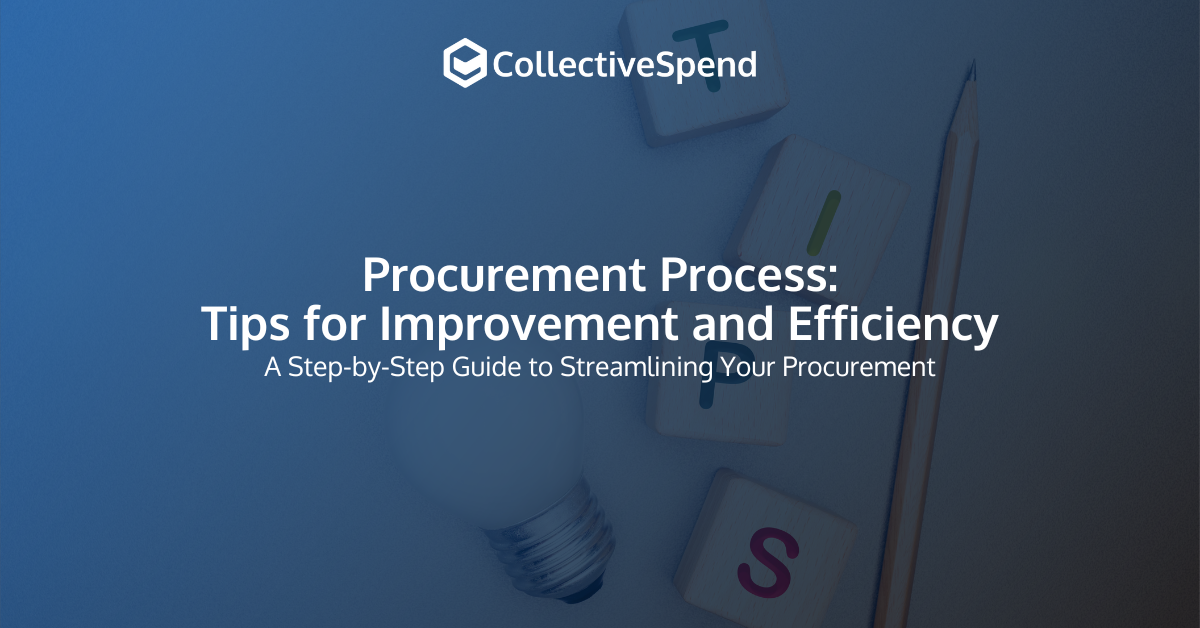Procurement is a critical component of any business. In simple terms, procurement refers to the process of sourcing and acquiring goods or services from external vendors or suppliers to fulfill specific requirements within an organization. The main goal of procurement is to meet the needs of the organization in a cost-effective and efficient manner.
In this article, we will explore the procurement process in the United Arab Emirates (UAE) and Saudi Arabia (KSA) and identify practical tips to improve and streamline the process.
Understanding the Procurement Process in UAE and KSA
Before diving into the tips for improving the procurement process, it is essential to have a clear understanding of how the procurement process works in the United Arab Emirates (UAE) and Saudi Arabia (KSA). These countries are known for their rapid economic growth and expansion, leading to increased demands for cost-effective procurement systems. The procurement process in these countries largely follows global best practices but is also subject to specific regulations and cultural factors that impact both public and private sector organizations.
1. Identifying Needs and Creating a Procurement Strategy
The first step in the procurement process is identifying the needs of the organization. This involves evaluating what goods or services are required and ensuring they align with the company’s objectives and budget. Once the needs are identified, a well-thought-out procurement strategy should be developed. A clear strategy is crucial as it outlines the key objectives of procurement activities, identifies the required resources, and helps outline the roles and responsibilities of each team member involved in the process.
2. Conducting Market Research and Supplier Selection
To ensure that they are making informed choices, organizations must perform thorough market research and assess potential suppliers based on specific criteria. Some considerations to keep in mind during this stage include the supplier’s financial stability, reputation, delivery capabilities, and quality of goods or services. It is also important to consider suppliers’ adherence to local regulations and cultural norms.
When selecting suppliers, organizations should prioritize long-term relationships with a focus on transparency, trust, and mutual growth. They should also be prepared to constantly monitor suppliers to ensure ongoing compliance with agreed-upon terms and conditions.
3. Streamlining Negotiations and Contract Management
Negotiation plays a significant role in the procurement process. Organizations must be well-prepared when entering negotiations with suppliers to ensure they secure the best possible terms and conditions. This includes being well-informed about market conditions, understanding the supplier’s position, and having an established negotiation strategy.
Contract management is another critical aspect of procurement. Organizations must ensure they have a structured, standardized approach to contract management, with contracts clearly outlining the expectations and responsibilities of both parties. Moreover, adopting a proactive approach to contract management can help organizations identify potential issues early on and take corrective actions to minimize the impact on their procurement process.
4. Monitoring Supplier Performance and Evaluating the Procurement Process
Effective procurement does not end with the signing of a contract. Organizations need to maintain regular communication with suppliers, monitor their performance, and ensure they fulfill their contractual obligations. Additionally, organizations should establish Key Performance Indicators (KPIs) to measure the effectiveness of their procurement process, which could include metrics such as cost savings, lead times, and supplier diversity.
Continuing to assess the procurement process and supplier relationships allows for ongoing improvements, ensuring that organizations keep up with evolving market conditions and regulatory requirements. This evaluation enables companies in the UAE and KSA to maintain a competitive edge in their respective industries.
Improving the Procurement Process in UAE and KSA for a Competitive Advantage
Given the importance of effective procurement for organizations in today’s competitive business landscape, it is vital for companies in the UAE and KSA to invest time and resources in improving their processes. By focusing on a well-defined strategy, leveraging technology, building strong supplier relationships, and ensuring a continuous evaluation of performance, organizations can enhance the efficiency of their procurement process and achieve cost savings.
Furthermore, amid the rise of globalization, companies in the UAE and KSA must ensure they are adaptable to changes in global markets and regulations. By embracing best practices in procurement, these organizations can stay ahead of the curve and maintain a strong competitive advantage in the market.
All in all, a streamlined procurement process is key to running a successful business in the UAE and KSA. With proper planning, technology implementation, and continuous evaluation, organizations can unlock the full potential of their procurement activities and make educated decisions that propel their growth and success. Work with us today at CollectiveSpend for the procurement consultancy you need to get the most out of the procurement process.




